Tag: Ivan Ilyin
-

Ivan Ilyin vs. the NKVD
The great Russian White emigre philosopher Ivan Aleksandrovich Ilyin (1883-1954) was not just an erudite thinker, but also a practitioner of espionage and underground political work. Before he was exiled in 1922, Ilyin was active in the anti-Bolshevik resistance. This article, written at some point during the 1930s or 1940s, addresses Soviet NKVD provocations and…
-
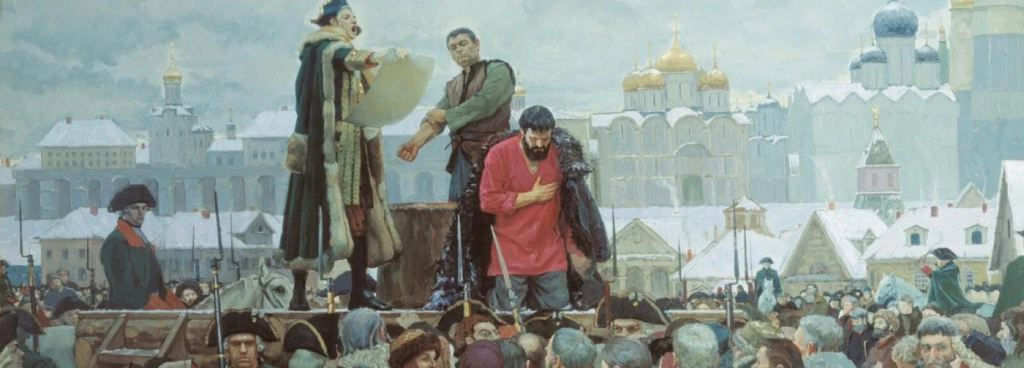
Ivan Ilyin on Orthodoxy
The great twentieth-century Russian philosopher Ivan Ilyin (1883-1954) explains how the Russian nation was not only forged through warfare, but through divine love and beauty – the Orthodox Christian faith. Translated by Mark Hackard. National spiritual culture is created from generation to generation not by conscious thought and not through arbitrary chance, but through a…
-

Ivan Ilyin: On Forms of Sovereignty
In this 1948 essay, Russian philosopher Ivan Ilyin (1883-1954) analyzes differing forms of rule, accounting for the history, culture, temperament, and geographic setting of a given nation. Ilyin advocates a position wholly unrecognized by the modern Western conception of universal liberal democracy: a diversity of peoples throughout the world merits diversity in forms of sovereignty. Translated by…
-

Ivan Ilyin: On the Devil
In this 1947 essay, Russian philosopher Ivan Ilyin (1883-1954) addresses the reality of the devil in history and our own time. Tellingly, the advance of the secular and materialist outlook has corresponded with an ever-growing fascination with the demonic – along with its public justification. Translated by Mark Hackard. In the life of the human race,…
-
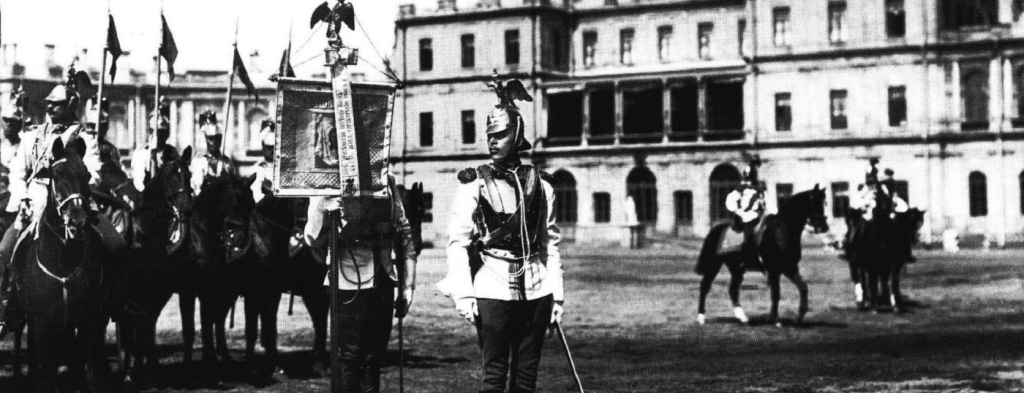
On Power and Death
As expressed in this 1928 essay, Russia’s philosopher of national renewal Ivan Aleksandrovich Ilyin (1883-1954) understood well the nature of power and authority. Power, he saw, descended from God and due to the great weight of its responsibility shared close proximity with the other world, with death. A traditional elite responsible for defending its people…
-

The Knightly Spirit
Ivan Ilyin (1883-1954), the White emigre philosopher who articulated Russian national renewal, shows an essential requirement for the strength of any culture – a dedicated elite committed to serving God and defending its people. Ilyin knew that only through such leadership could a nation recover and flourish, and his essay written a decade after the Russian Civil…
-
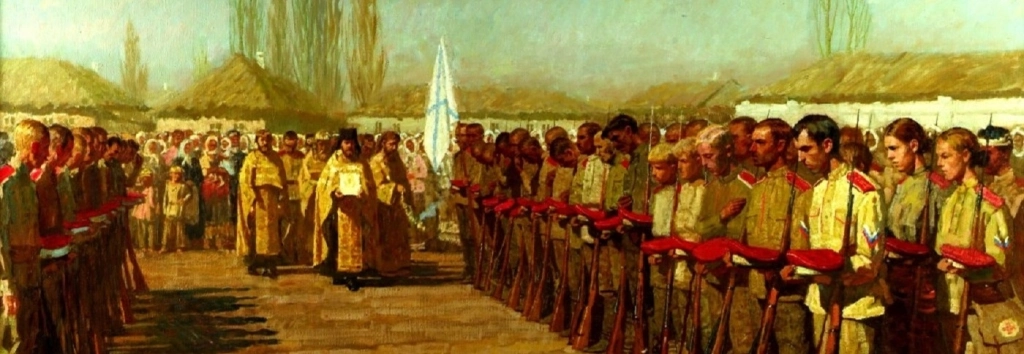
The Just Cause
Even in the darkness of revolutionary terror and enslavement, White Russian philosopher Ivan Ilyin (1883-1954) believed in the sacred mission of his people, one to be achieved through suffering and repentance, spiritual strength and discipline. Here is a 1928 letter he addressed to his comrades in emigration, assuring them that one day a new Russia,…
-
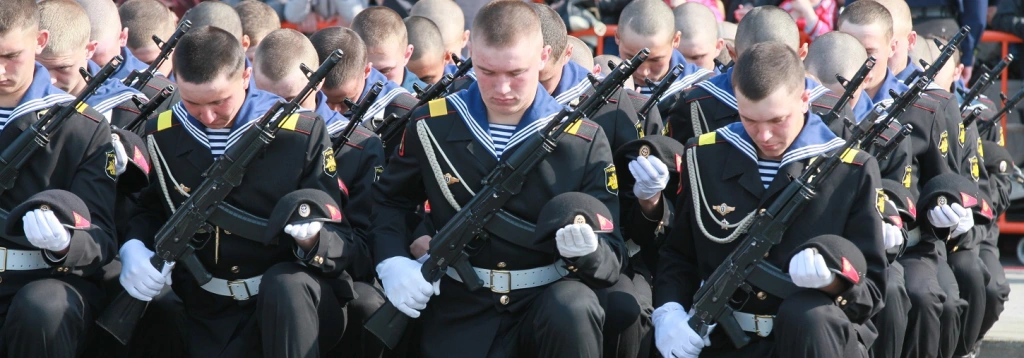
A Prayer Before Decision
Philosopher Ivan Aleksandrovich Ilyin (1883-1954) was a young man when he saw his beloved country overrun by the forces of international Revolution. Before his 1922 exile, he was actively organizing resistance to Bolshevism in the White underground. Here is his prayer for the strength of spiritual freedom, the prayer of a patriot and counter-revolutionary. Translated…
-
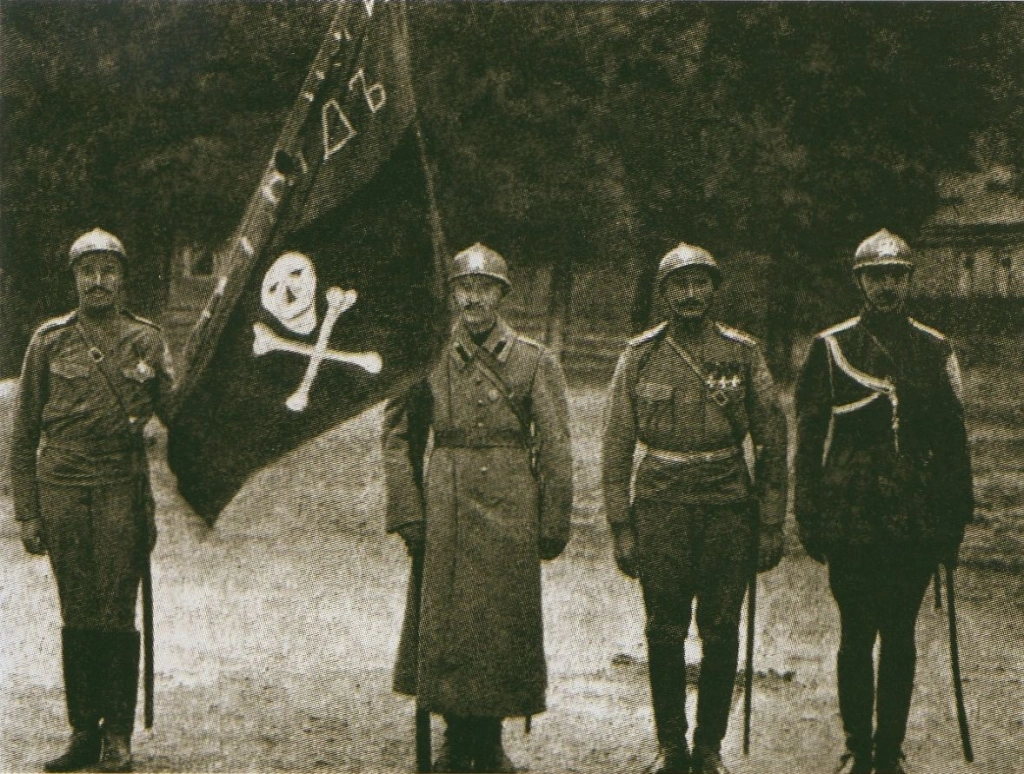
Ivan Ilyin: The White Army
Speech delivered by Ivan A. Ilyin in Berlin, November 19th, 1923 (The 6th Anniversary of the Russian Volunteer Army). Translated by Mark Hackard from the text “Rodina i My”; italics are from the original. One of the most genuine and spiritually significant victories accomplished in the history of man is the triumph of the Russian…
-
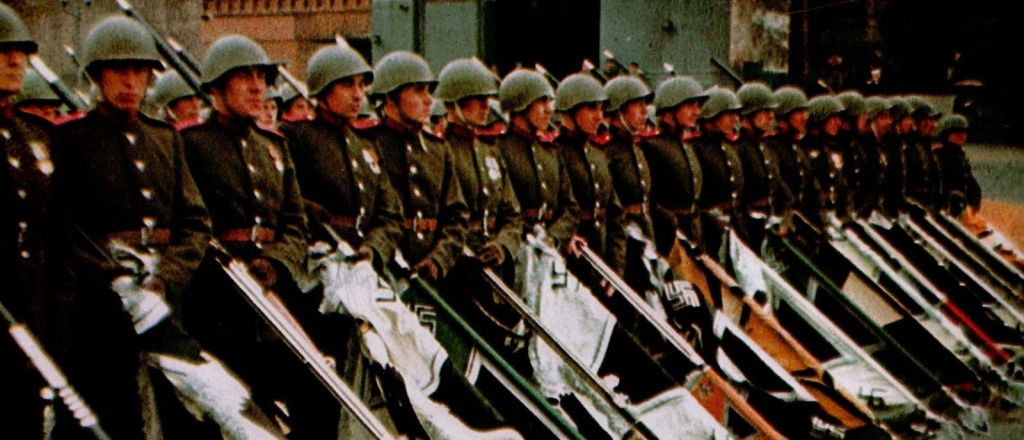
Ivan Ilyin: On Fascism
Fascism is a complex phenomenon: it is multifaceted and historically speaking, far from exhausted. Within it one finds elements of health and illness, old and new, protection and destruction. Therefore in an evaluation of fascism fair-mindedness and equanimity are needed. But its dangers must be considered in full. Fascism arose as a reaction to Bolshevism,…